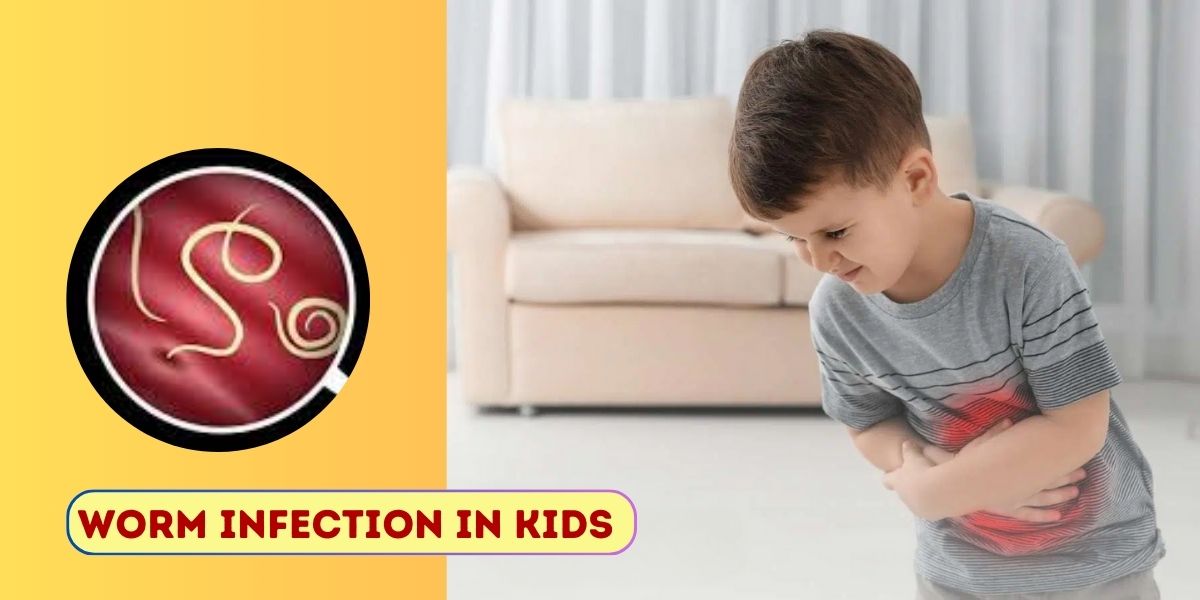
Children Vulnerable to Worm Infections, Parents Must Stay Alert
Casal dels Infants – Worm infections remain a common health problem among children, especially those of school age. Data shows that nearly 80 percent of cases are found in children aged 5-10 years.
“Why? Because they are active, playing in the soil, playing outdoors. Their knowledge of hygiene and healthy living is still limited, so school-age children are the most affected,” explained Dr. Riyadi, a member of the Indonesian Pediatric Society’s (IDAI) Tropical Infection Working Group, during a recent webinar.
In addition to school-age children, preschoolers (ages 2-5) are also frequently infected. At this stage, children begin walking, exploring their environment, and unknowingly touch soil or dirty objects that may contain worm eggs.
“When children aged 2-5 see soil, they think it’s a new toy. They grab it, but it may contain worm eggs,” Riyadi added.
“Read More: How Far Should Parents Allow Children Playing Dirty? A Doctor’s Insight”
The most common type of worm infections in children is roundworm (Ascaris lumbricoides). These parasites thrive in warm and humid environments and can survive in the human body for up to two years.
A female roundworm can produce around 200,000 eggs each day. If left untreated, the eggs can accumulate in huge numbers and cause severe infections.
“One child alone can carry up to 1-2 kilograms of worms if not treated,” said Riyadi.
Riyadi recalled treating a child patient with a severe case of worm infection at Hasan Sadikin Hospital in Bandung. The child had been suffering from chronic constipation and abdominal pain. After surgery, doctors removed as much as 3 kilograms of worms from the child’s digestive tract.
“After the surgery and deworming medication, the child’s condition improved,” Riyadi explained.
Worm infections are not always easy to detect. In the larval stage, symptoms may resemble a cough caused by lung infection. Once the worms mature and live in the intestines, symptoms can include:
In more severe conditions, worms can migrate to other organs such as the appendix, bile ducts, or even exit through the anus, nose, or mouth.
“The appearance of worms coming out of the body is not a sign of malignancy. It simply means the number of worms is already very large,” Riyadi emphasized.
Although dangerous, worm infections are preventable. Parents should teach children to wash their hands with soap, keep their nails clean, and avoid playing or eating with dirty hands.
Parents should give children deworming medication every six months to break the worm’s life cycle. These simple steps lower the risk of infection and prevent long-term health problems.
“Continue Reading: Burna Boy, How Music Saved Me From Crime and a Wayward Life”